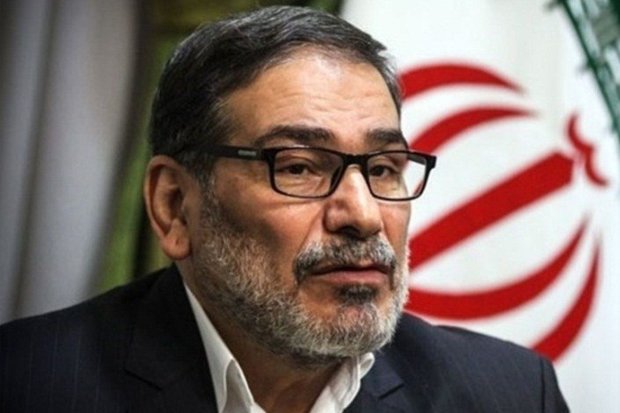Ali Shamkhani, Secretary of Iran's Supreme National Security Council (SNSC), made the remarks on Tuesday morning at the fifth national conference on passive defense asserting “knowing the time and political threats which are devised proportional to the growing capabilities of the Islamic Republic of Iran in various dimensions remain as prerequisites to strategic planning in the field of passive defense.”
The official, while pointing to the capacities for soft dealing with various threats which were put in the hands of the Iranian nation by experiences gained through Islamic Revolution; “enemies were led to the negotiation table after noticing that Iran would not set back from advancements in nuclear industries.”
Shamkhani referred to guided plots to distract attention from cruelty of the Zionist Regime to terrorism in Islamic countries reiterating “people of Iran would never alter their anti-Zionist and anti-American positioning with minute matters.”
“Extensive experiences held by the nation and authorities in anticipation and prevention of damages and threats which have been reached through defensive achievements give Iran a privileged position over other countries,” stressed Shamkhani adding “recognition of Iran as a regional power remains as a testament to the issue.”
SNSC secretary underlined that emphasis on the Leader’s guidelines would facilitate passive defense missions stating “the order achieved via noble objectives like National Development and five-year vision documents is an indication of looking ahead.”
“Social resources need to be maintained and strengthened since enemies are trying to undermine links of strong chain which is the centerpiece of Iran’s power,” he continued.
Ali Shamkhnai further commented that the trend pursued by military powers and soft powers reveals that the defense process has also become complicated.
Leader’s senior advisor went on to maintain that today’s threatening environment would never alleviate the need for hard powers which can be used if need be; however, the depth of Iran’s power is in simultaneous pursuing of soft and hard strategies.
“Exploiting the medium of sanctions, supporting the opposition and enemies of the Islamic Revolution and cyberattacks are the main threats which need to be thwarted by passive defense.”
He deemed passive defense as a piece in the doctrine of resistance explaining “harsh waves seeking to change the order and stability can be defeated by clinging on Iran’s strong solidity and strong internal structure.”
Secretary of Iran's SNSC said resistance doctrine includes three components of perseverance, sustainability as well as identification and fixing of defects in addition to continuous development of capabilities; “grounds are prepared to strengthen abilities in all areas under the supervision of the Leader."
Shamkhani enumerated a number of strategic areas of the country including in the context of national security and said “defense and crisis management are not enough rather newer fields need to be strengthened in way that they lead to development of the country’s strategic location.”
HA/3805638

























Your Comment